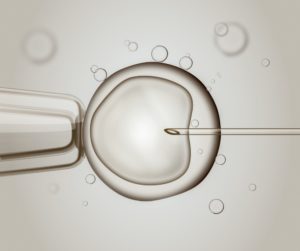How COVID-19 Could Impact Intended Parents, Surrogates and Donors
三月 16, 2020UK Parents Stuck in the US with Newborn Due to COVID-19
三月 27, 2020An Arizona woman who wanted to use frozen embryos to conceive a child cannot do so now and will need to donate the embryos unless her ex-husband has a sudden, and unlikely, change of heart. The state’s Supreme Court reversed an appellate court decision from March 2019 which would have allowed her to use the embryos, despite the objections of her ex.

In 2014, when the couple was still dating, the woman discovered she had cancer and that her treatments could result in infertility. She and her then-partner agreed to use her eggs and his sperm, rather than that of another donor, to create and freeze embryos. They signed a contract with a fertility clinic that said both of them would need to agree to use the embryos if they were separated or divorced if and when the time came. They did get married but later divorced.
The court handling the divorce proceeding ruled that, because the man objected to becoming a parent with his ex-wife, the embryos would need to be donated. The court of appeals overturned that ruling, but the Arizona Supreme Court reinstated it. Legal counsel for the ex-husband in this case praised the ruling from the state’s highest court, saying in effect that this came down to a contract dispute and the court got it right by adhering to the terms and intent of the original legal contract both couples entered into when deciding to create the frozen embryos.
In 2018, the Arizona legislature enacted a new law that would have allowed the woman in this case to use the frozen embryos despite her former spouse’s objections. However, that law was not retroactive.
If you are considering creating frozen embryos or using assisted reproductive techniques, it is important to protect your legal interests. We can help, contact us today to learn more!


